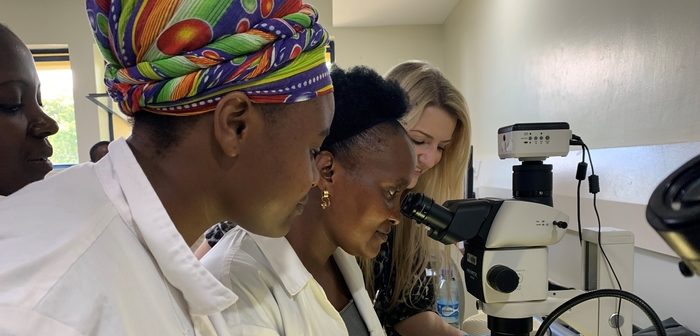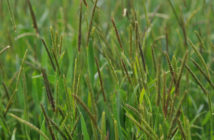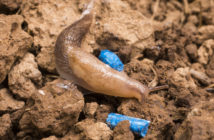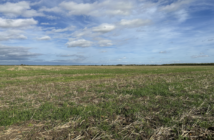UK – Kenya collaboration has targeted one of the most economically important crop pests, potato cyst nematode (PCN), through the development of a new assessment tool.
The tool aims to enable farmers in Kenya to successfully detect PCN in-field, supporting informed decision making for both cropping choices, and the use of control measures.
Developed over the course of 21-months, it is the output of a collaboration between UK Agri-Tech Centre Crop Health and Protection (CHAP), PES Technologies and the International Centre of Insect Physiology and Ecology (icipe).
International Business development manager for CHAP and nematologist, Dr Jenna Ross, said: “Potatoes are an important crop in Kenya, with around 800,000 people benefiting directly from their production. Although PCN is a relatively new pest in the region, first detected in 2015, a recent survey showed that it is widespread in the main potato growing areas.
Better diagnostic tool needed
“Because of this threat, potato farmers urgently needed a better diagnostic tool to detect the pest, which is what initiated the collaboration.”
PCN (Globodera rostochiensis and Globodera pallida) are microscopic pests. The ‘cyst’ contains hundreds of eggs which once triggered, hatch into larvae that attack the plant’s roots, causing up to 80% yield loss.
To initiate the project, data was gathered on the distribution and species composition of PCN in two key potato growing areas – Nyandarua and Meru. This included taking soil samples for analysis from more than 210 farms, with significant infestation identified.
These samples were then used to evaluate a new innovation from PES Technologies – a novel on-farm tool that provides soil health analyses. This hand-held technology analyses microbial activities in soil, linking in-depth soil health information to mobile devices such as smartphones and laptops.
“We are developing this solution to provide more soil health indicators from a soil sample than any other tool in the world,” said Andrej Porovic, CEO of PES Technologies.
“Because it’s hand-held, farmers can take samples themselves and the whole process from sampling to results only takes five minutes.
“Through this project, we’ve been able to adapt and trial the system for identification of PCN and are now conducting further analysis of sensor data.
“We look forward to developing it further with the aim of eventually providing Kenyan farmers with a quick, easy and cost effective PCN assessment method.”
During soil sample collection, all farmers visited in Nyandarua and Meru were interviewed on cropping practices and knowledge of PCN. This showed that significantly more farmers in Nyandarua (60%) were aware of PCN compared to Meru (5%). It also showed that there are more female-owned farms in Nyandarua compared to Meru.
As a result, a series of 15 stakeholder workshops and training events were hosted, to help address gender equality issues and equip farmers with valuable knowledge.
“This project has helped inform our knowledge of PCN distribution in Kenya, as well as testing a novel PCN Assessment Tool which we hope will succeed,” said Dr Solveig Haukeland, nematologist at icipe.
“It is hoped that it will also address associated challenges, such as access to clean seed, optimising crop rotations and maximising soil health, as well as food security and income.”
The work was funded by Innovate UK’s Agri-Tech Catalyst Round 8: Agriculture and Food Systems Innovation call, supported by the former Department for International Development (DFID) and Global Challenges Research Fund (GCRF).
Its successful delivery is also thanks to CHAP partners CABI and NIAB, who provided expertise and scientific facilities.
For more information about the project, visit https://chap-solutions.co.uk/projects/developing-a-pcn-assessment-tool-in-kenya/ or contact enquiries@chap-solutions.co.uk




